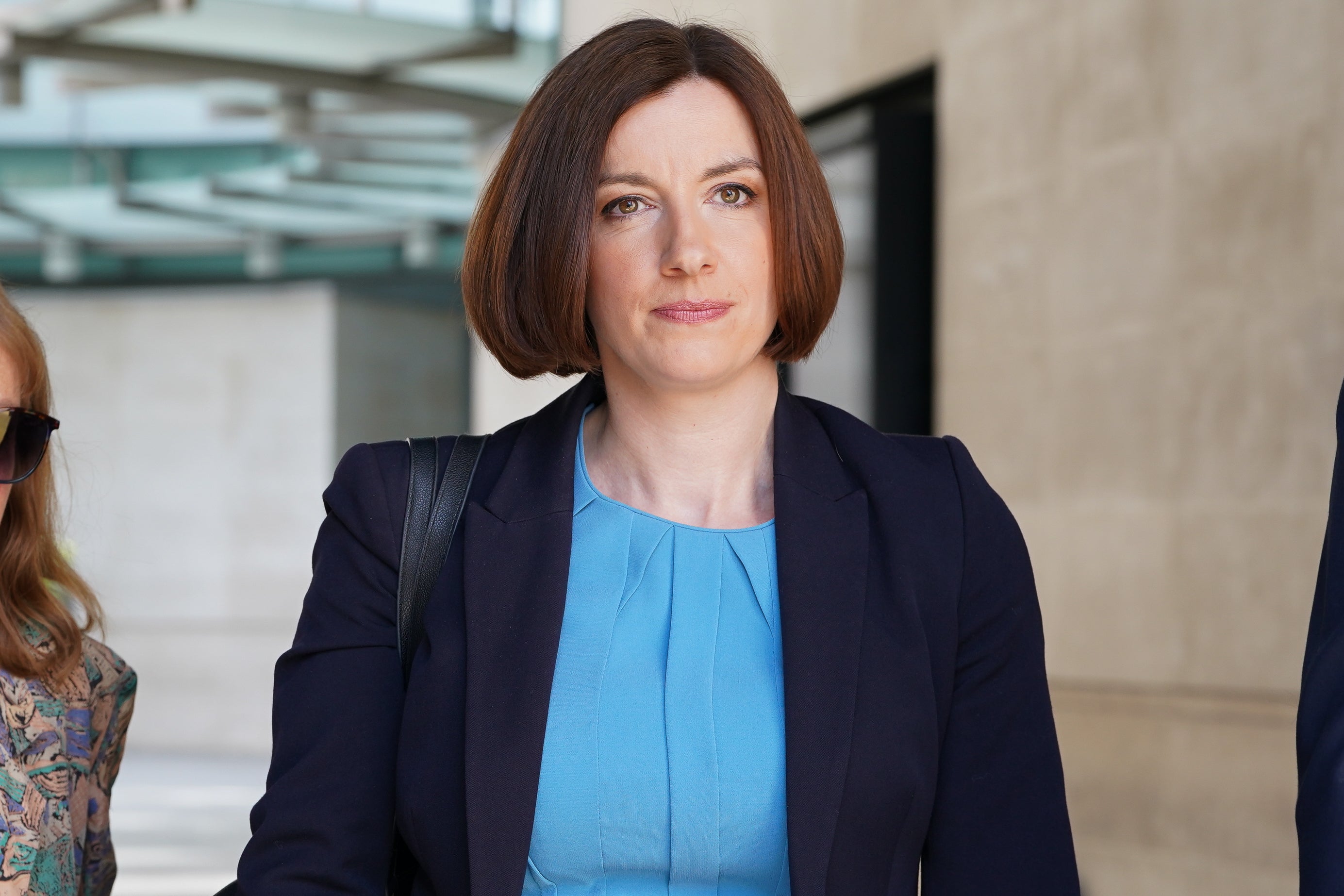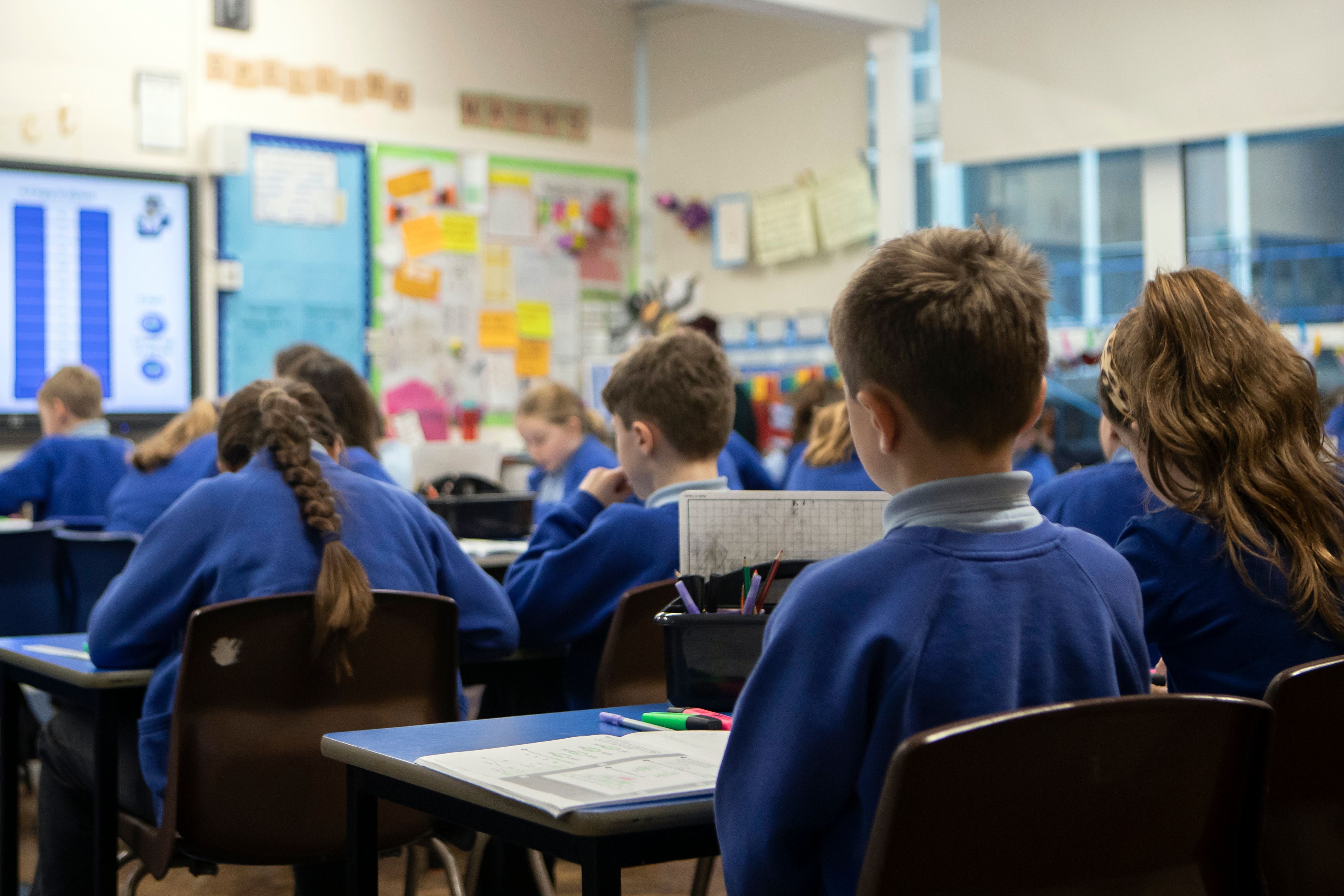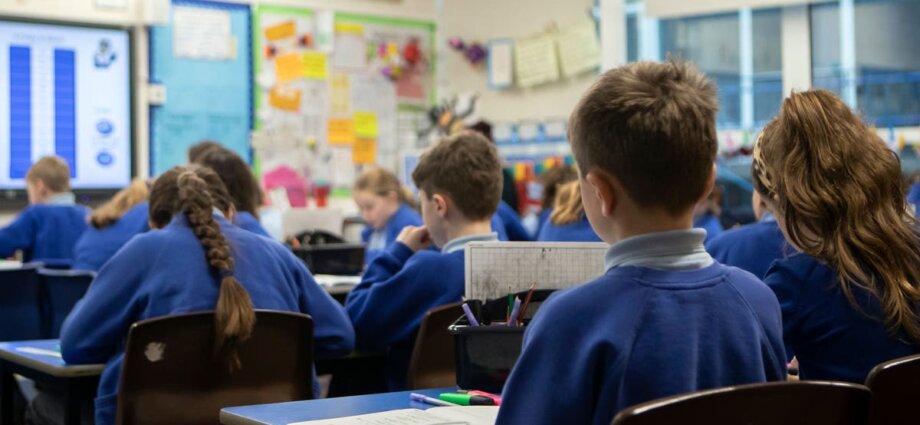GCSE students in Oxfordshire whose parents can no longer pay independent school fees could find themselves without a school place next month.
With the 20 per cent VAT charge on fees set to come in during the middle of the school year on 1 January, the council has said that most schools in its areas refuse applications for transfer in Year 10 and Year 11 “regardless of the reason”.
With 17 fee-paying private schools in the county, there are concerns the impact could be significant.

Oxfordshire County Council said it “strongly” advised parents not to try to switch schools during the crucial exam years.
“Schools are unlikely to offer places while children prepare for their final GCSE exams,” a spokesperson said. “Extra admissions at this stage could be detrimental to children’s education and the efficient use of resources at the school.”
The council told The Independent: “We have not amended our admission arrangements in the light of the VAT in independent schools issue.”
The crisis for parents and teenagers forced out of the private school system comes as Labour councils are warning parents not to try to move their children halfway through the school year due to the potentially harmful impact on their education.
Labour-run Newcastle City Council warned: “Changing your child’s school can affect them in many ways and the decision should not be taken without careful thought… continuity and stability in a child’s education is very important and a change of school should only be made if it is felt to be in your child’s best interests.”

Labour-led Vale of Glamorgan said a “change of school mid-year or after Year 7 can seriously disrupt the continuity of a child’s education and cause difficulties over syllabus compatibility, examination arrangements etc”.
And Labour-run Bridgend County Borough Council warned: “Transferring a child between schools can be quite disruptive. This is especially true for Year 10 and 11 students, as subjects or exam boards may differ in another school, even within the county borough.”
The government insists the VAT change is necessary to pay for more than 6,000 teachers in state schools, against a backdrop of what it says was a £22 billion black hole left by the last Tory government. But critics say the move has been rushed.
Julie Robinson, the chief executive of the Independent Schools Council, which represents 1,400 private schools, said it was not too late for ministers to delay the policy.
Her organisation estimates nearly 3,000 pupils will change schools in January, because of the VAT change and many more will switch in September.
“If they were to hold off until at least next September, if not longer preferably, that would give families a reprieve so that they’d have time to plan,” Ms Robinson said. “And schools too would have time to plan for the following academic year for their children.
“If there must be change, then it should be done gently and carefully with a mind to the effect on the mental well-being of children and the families concerned,” she added. “I think particularly the speed with which this action is being taken means that it’s putting undue pressure on families to try to cope with suddenly changed circumstances, and that’s causing stress.”
A government spokesperson said: “Ending tax breaks for private schools will raise £1.8 billion a year by 2029/30 to help fund public services, including supporting the 94 per cent of children in state schools to achieve and thrive.
“We recognise the challenges some parents are facing, which is why we’ve given ample time and notice of these changes. We anticipate the impact of these changes on the state sector will be very small. In-year admissions happen every year and local authorities and schools are used to supporting children in these circumstances.”











